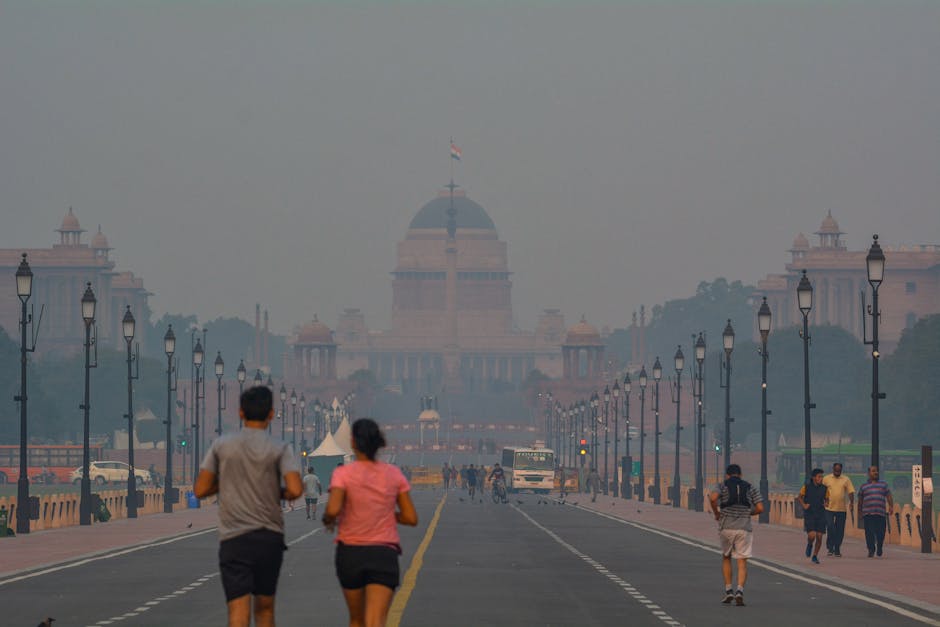Air Quality at Major Dhyan Chand National Stadium: AQI at 72
The air quality at Delhi’s iconic Major Dhyan Chand National Stadium currently stands at an AQI (Air Quality Index) of 72, classified as “moderate.” While this is a significant improvement from the hazardous levels often seen in the city, it still raises concerns for athletes, visitors, and staff at this premier sports venue.
Understanding the AQI Scale
The AQI scale ranges from 0 to 500, divided into six categories:
– Good (0-50)
– Moderate (51-100)
– Unhealthy for Sensitive Groups (101-150)
– Unhealthy (151-200)
– Very Unhealthy (201-300)
– Hazardous (301-500)
An AQI of 72 falls under the “moderate” category, indicating that while the air quality is acceptable, sensitive individuals may experience minor health issues. Pollutants like PM2.5 and PM10, common in Delhi, can still pose risks, especially during physical activities.
Delhi’s Air Quality: A Persistent Challenge
Delhi frequently ranks among the world’s most polluted cities, with AQI levels often reaching “severe” during winter. Factors like stubble burning, vehicular emissions, and industrial pollution contribute to the city’s toxic smog. In this context, the AQI of 72 at the stadium is a positive sign, but vigilance is crucial to prevent further deterioration.
Impact on Athletes and Visitors
Athletes, particularly those in endurance sports, are highly vulnerable to air pollution. Poor air quality can impair lung function, reduce oxygen intake, and increase fatigue, affecting performance and recovery. For visitors, moderate air quality may not pose immediate risks, but prolonged exposure can cause discomfort, especially for those with respiratory conditions like asthma.
Steps to Combat Air Pollution
The Delhi government has implemented measures like the Graded Response Action Plan (GRAP), which includes restrictions on vehicles and industries during high pollution periods. Additionally, smog towers, green belts, and public awareness campaigns are being promoted.
At the Major Dhyan Chand National Stadium, specific actions can help mitigate pollution’s impact:
– Installing air purifiers in indoor facilities
– Scheduling outdoor activities during better air quality hours
– Providing masks for athletes and staff
– Regularly monitoring AQI levels and communicating updates
The Road Ahead
While the AQI of 72 is a relief, it highlights the need for sustained efforts to improve Delhi’s air quality. Clean air is essential for the health of athletes, visitors, and residents alike. By working together, we can ensure that iconic venues like the Major Dhyan Chand National Stadium remain safe and inspiring spaces for sports and culture.




